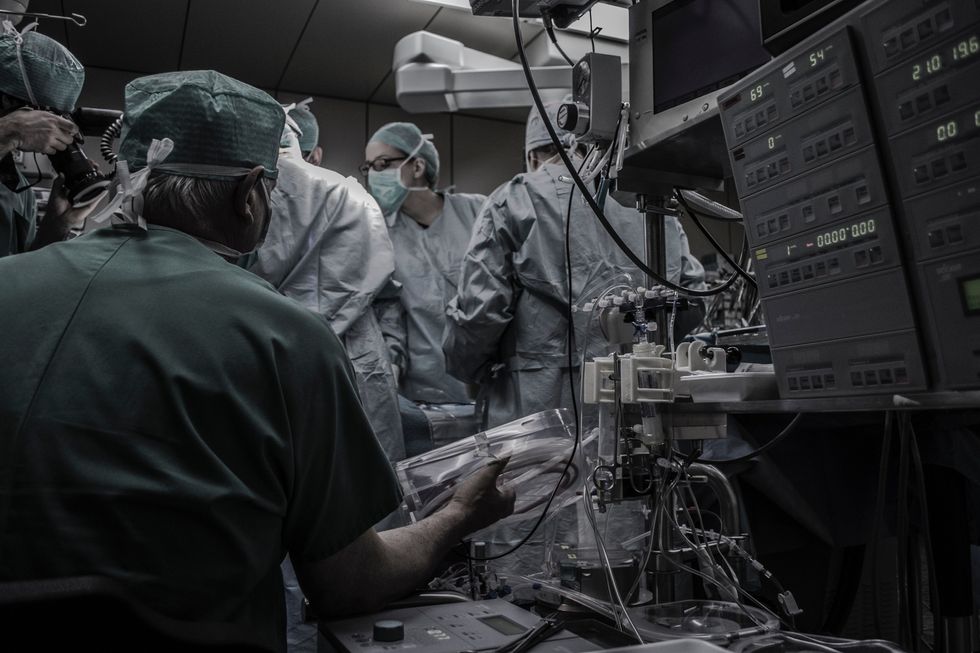"All the world's a stage, And all the men and women merely players; They have their exits and their entrances, And one man in his time plays many parts..."
This quote was written by William Shakespeare more than 400 years ago, and is most recognized due to its first five words "All the world's a stage." Four hundred years ago, William Shakespeare told the story of life in his own eloquent words, describing our everyday lives as a stage, and ourselves and those around us as actors or actresses.
As humans, we have moments where we enter a room and converse with others, or comfort someone when they are sad. We play our role for just a second, and once the situation ends, the role changes. We may go from friend to brother or sister, to student in a matter of minutes. As humans, we live our lives not thinking of ourselves as part of a bigger picture. Where I park my car, who I smile at, or even what I choose to eat could affect someone without us even knowing. Maybe I took the last parking spot and someone missed their class for the morning, or my smiles and hellos made someone feel noticed. Our smallest movements make a difference in our day's role, and at the end of the night, as we close our eyes and fall to sleep, our day's performance comes to an end.
In science, every researcher, student, or physician plays a role in a larger performance. In a lab, there's a beautiful dance to the movement of materials and music of instruments clinging. The interactions between lab technicians or physicians an unplanned duo of communication and partnership.
Studying theatre as a science student allows us to focus, not just on the science, but on the performance of it all. Theatre teaches us how to respond when someone says or does something unexpected, it teaches us how to control our emotions as someone screams in our face or falls flat on theirs.
We do not laugh or cry, we react as we are directed.
We hide our initial emotions and present something else.
We learn self-control and patience.
We learn the interaction between partners movements.
We learn how to follow and lead in a dance, changing the audience, patients, or coworkers focus with careful movements of our bodies and eyes.
We learn to listen for unexpected sounds or notice if something is not quite right, whether someone missed a step or sang offkey, or the heartbeat makes just one beat too many.
Our senses have become heightened, because in performing theatre we embrace those senses and portray them, strong enough so that another can feel what we are feeling, or they feel what we want them to feel. Theatre technicians follow an unspoken language, delicately following set rules or moments to dictate their pathways, but when accidents happen, they adapt to keep the show going, just as a room of surgeons must adapt to the patient's response. They must be quick on their feet, moving with purpose but caution to prevent any misdirection.
When it comes to going into a world of science, research, teaching, medicine, you are joining a community of people, all carefully working together to produce a successful performance. They all want their art, science, to succeed. So when questioning whether or not theatre is something one should focus on when studying science, remember Shakespeare's words, "All the world's a stage," and remember to refine your performance. Heighten your senses, and embrace the world's most natural art, science.












